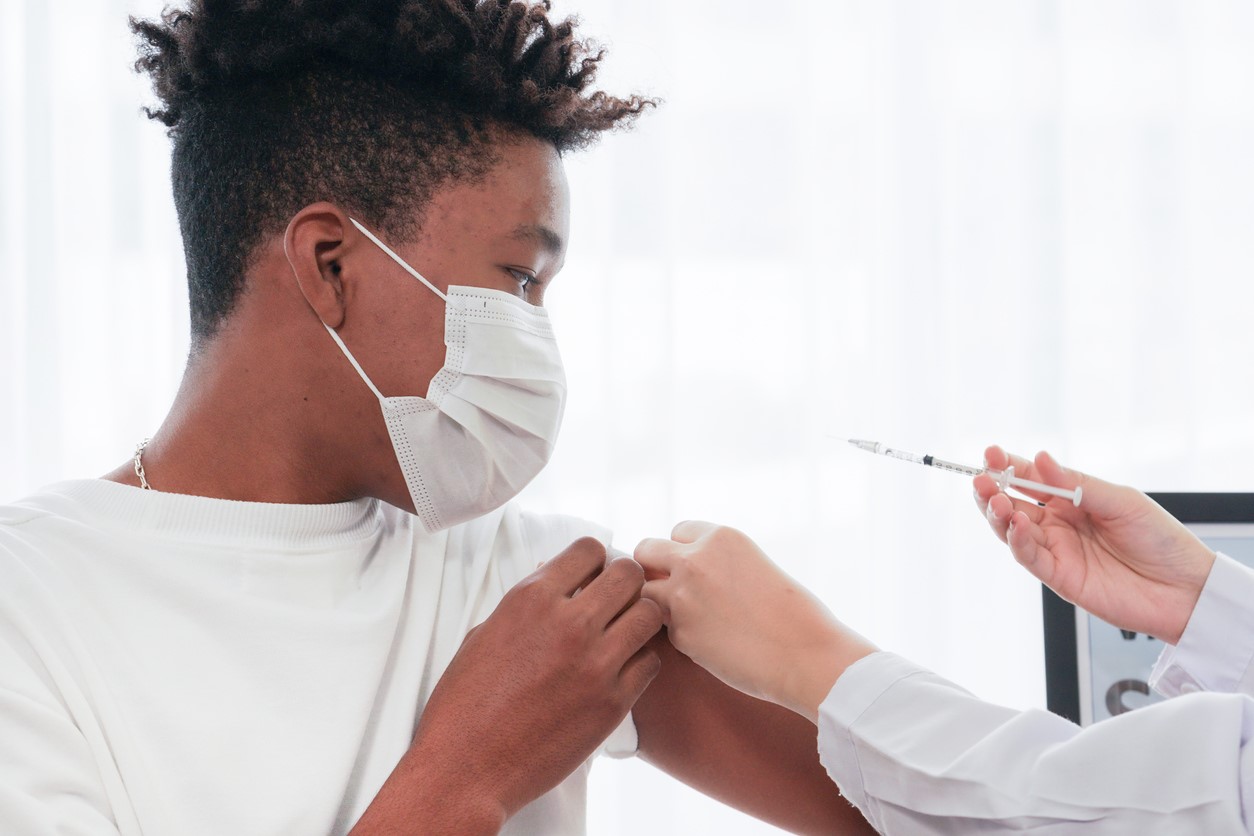An analysis conducted at Mayo Clinic sites found that female clinicians were no less likely than their male counterparts to have antimicrobial stewardship recommendations accepted, researchers reported yesterday in Infection Control & Hospital Epidemiology.
For the study, Mayo Clinic researchers conducted a retrospective, multivariable analysis of antimicrobial stewardship program (ASP) prospective audit and feedback outcomes at 17 Mayo Clinic sites in Minnesota, Florida, and Arizona from July 2017 through June 2022. The study included 84 female and 59 male clinicians. The researchers used antimicrobial stewardship rules and associated interventions documented within a prospective audit-and-feedback tool embedded in Mayo's electronic health record system to analyze intervention rates, communication methods, and intervention acceptance by clinician gender, profession, patient age, and intensive care unit (ICU) status.
Of the 71,729 rules that met study inclusion, 18,175 (25%) were associated with an intervention. Of 10,363 interventions with an outcome documented, 8,829 (85.2%) were accepted and 1,534 (14.8%) were rejected. Female clinicians had 6,782 (86.5%) of 7,843 interventions accepted, and male clinicians had 2,047 (81.2%) of 2,520 interventions accepted (odds ratio, [OR], 0.82; 95% confidence interval [CI], 0.53 to 1.28). There was no difference in communication methods used by female versus male interveners. There was also no difference in the staff profession as it related to recommendation acceptance.
Female patients had more interventions than male patients (female vs male: 25.9% vs 24.9%; OR, 1.04; 95% CI, 1.02 to 1.08). Patients in the ICU had a significantly lower intervention acceptance rate (ICU vs non-ICU: 78.2% vs 86.7%; OR, 0.56; 95% CI, 0.45 to 0.7).
We are optimistic that there continues to be an improvement in decreasing gender bias among healthcare workers.
The study authors note that the results contrast with a previous study that found female pharmacist recommendations were less likely to be accepted by hospitalists than those of their male counterparts. They suggest that could be because Mayo's ASP is well established and most of the interventions were conducted by female staff.
"We are optimistic that there continues to be an improvement in decreasing gender bias among healthcare workers, but we acknowledge that much work remains," they wrote.
 A
A  The Vaccine Adverse Event Reporting System (VAERS), the federal spontaneous reporting system for vaccine safety, is poorly named, thus leaving it vulnerable to criticism and misuse argues a
The Vaccine Adverse Event Reporting System (VAERS), the federal spontaneous reporting system for vaccine safety, is poorly named, thus leaving it vulnerable to criticism and misuse argues a  A review and
A review and 













